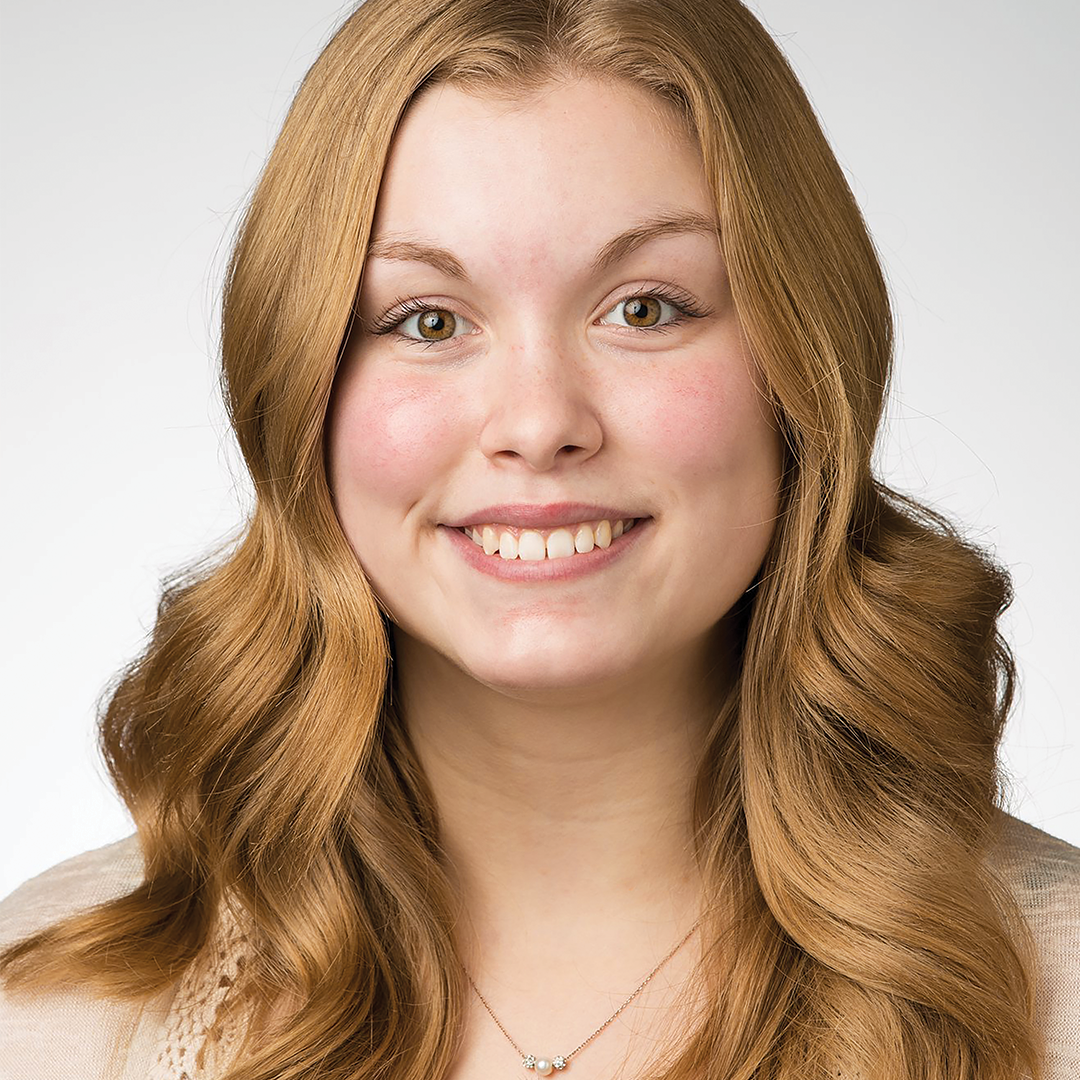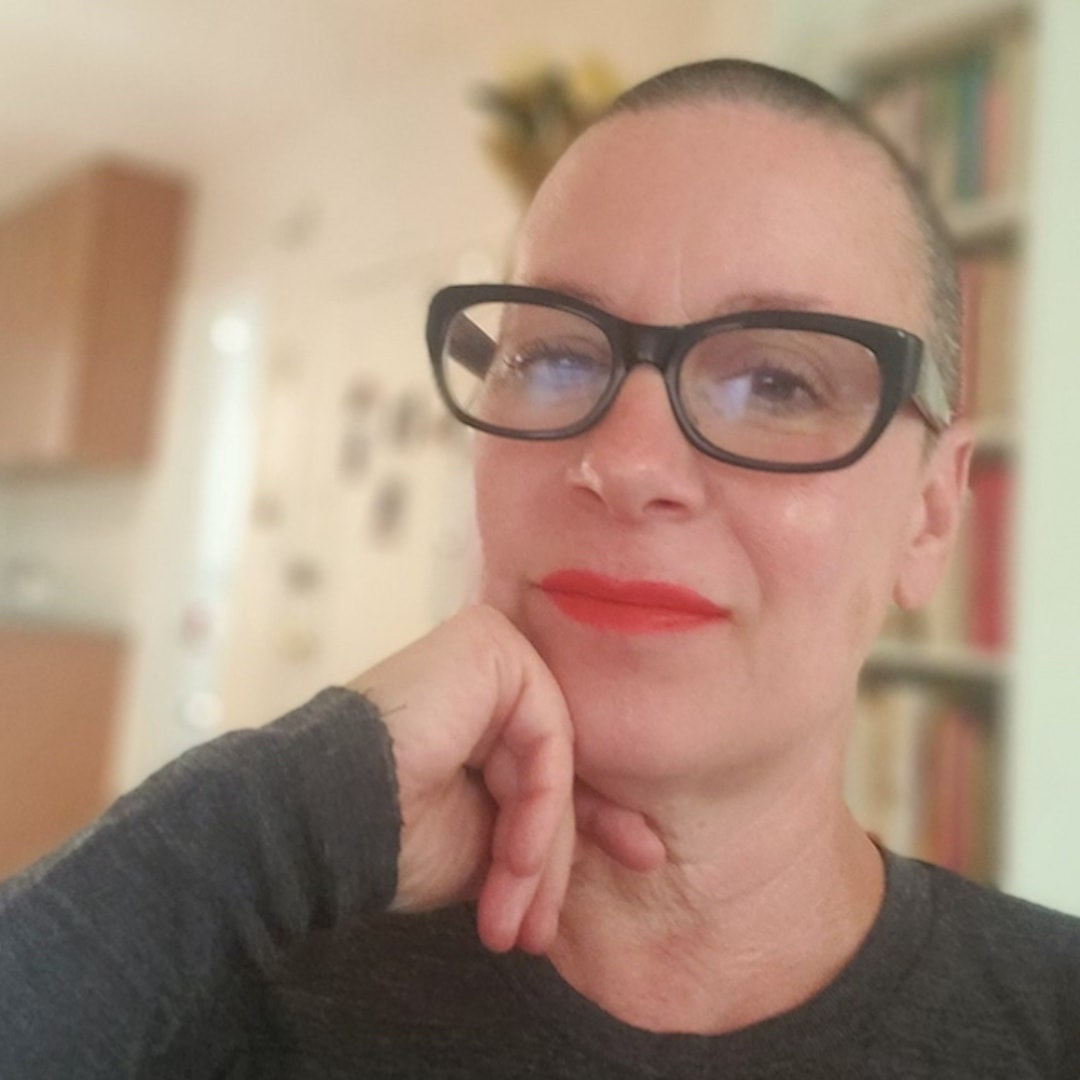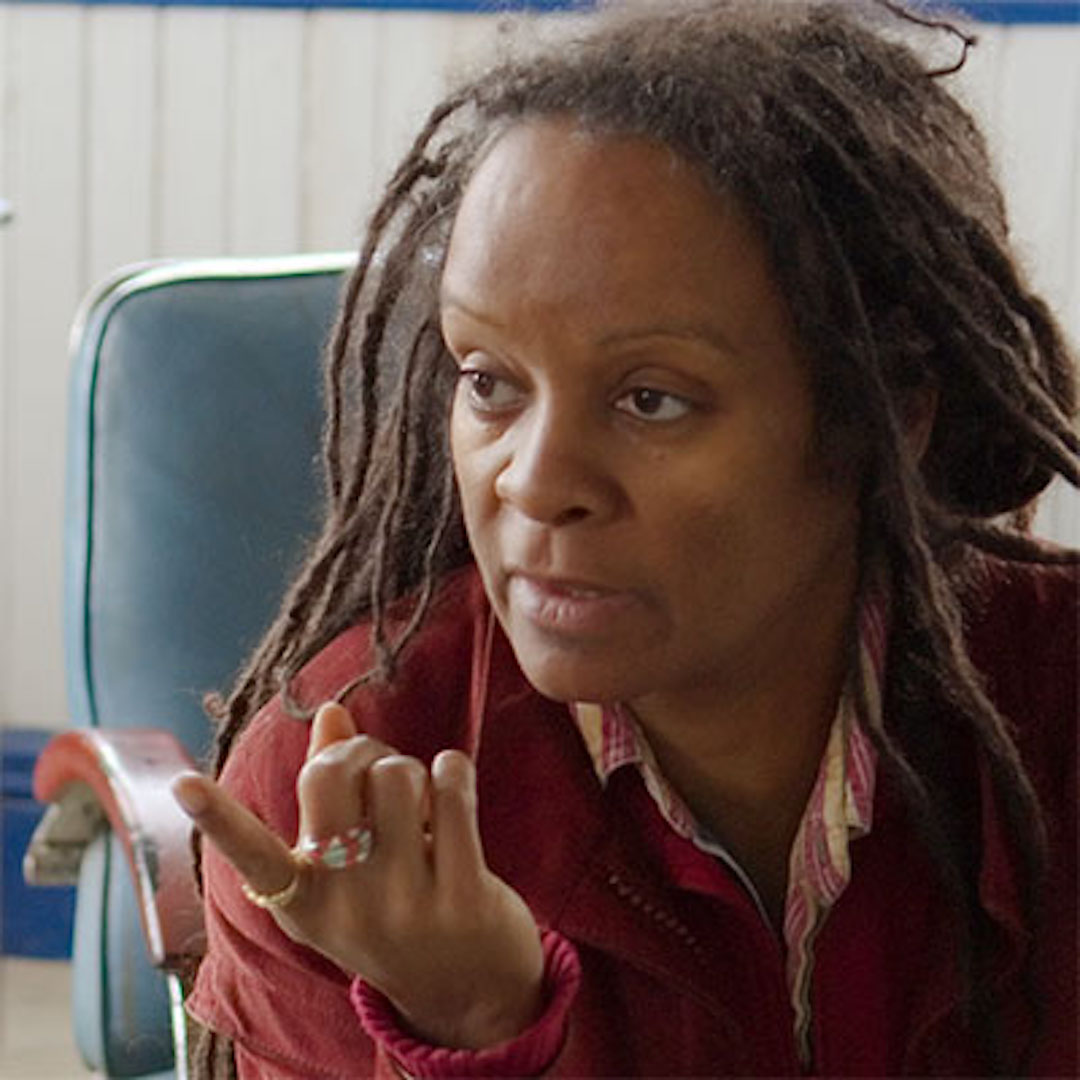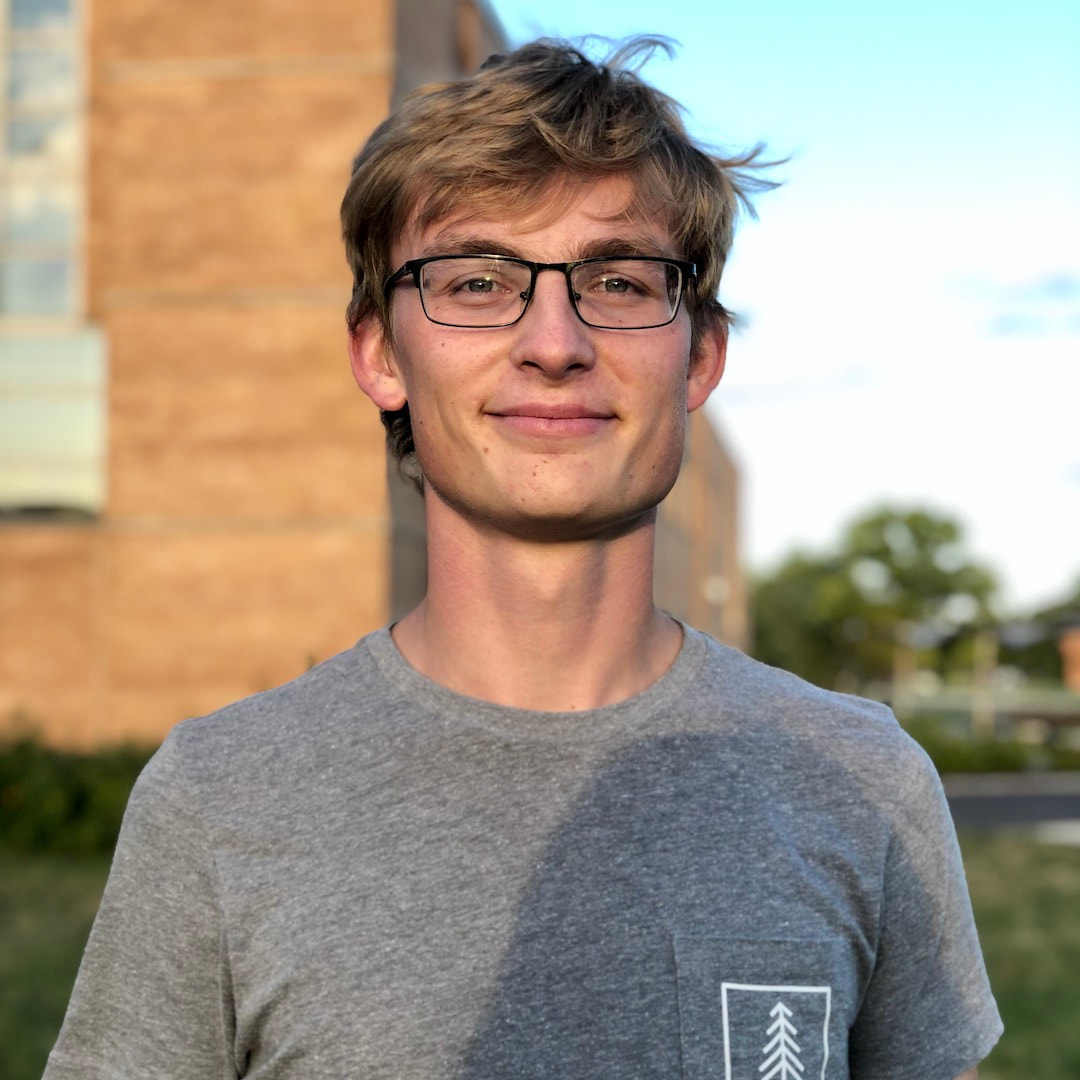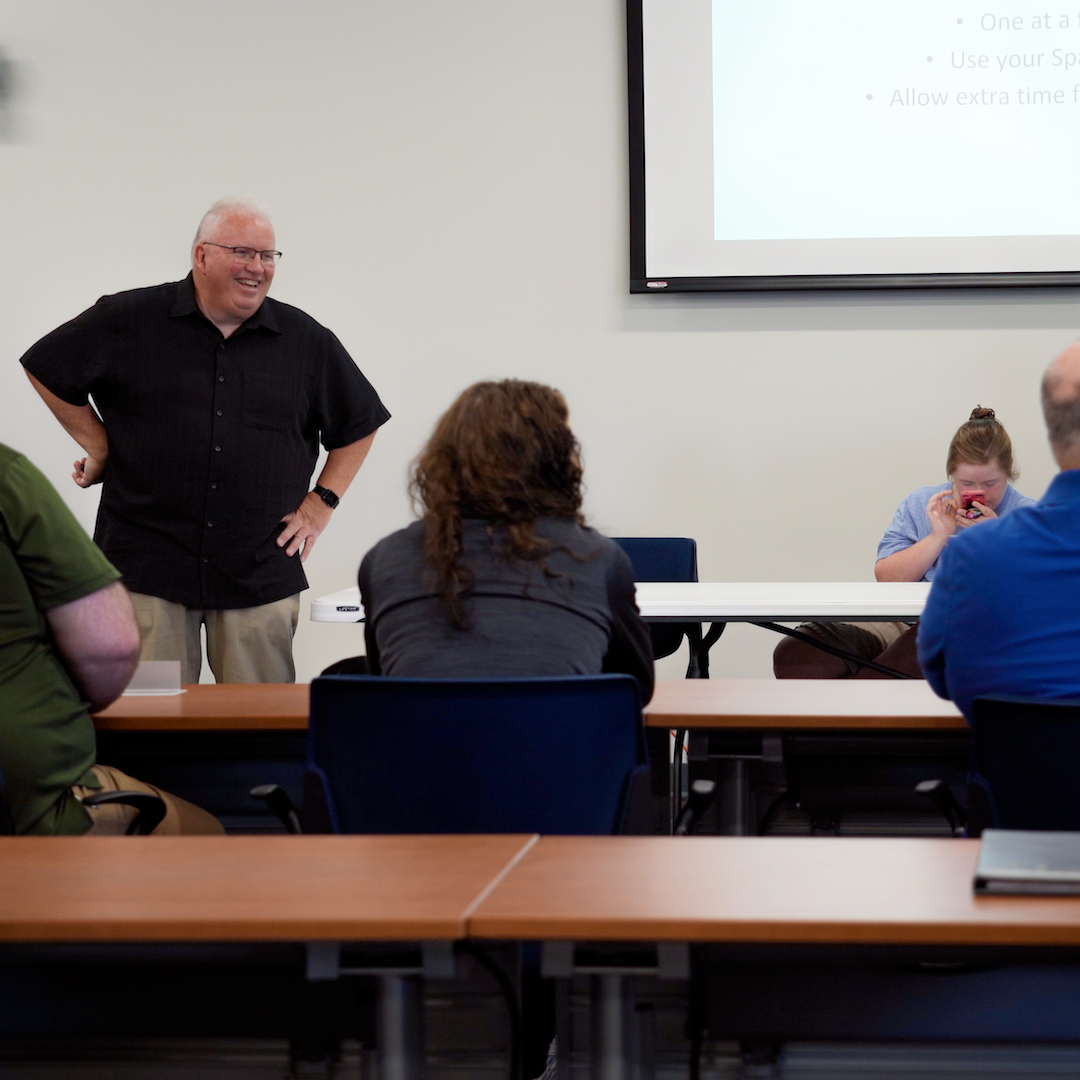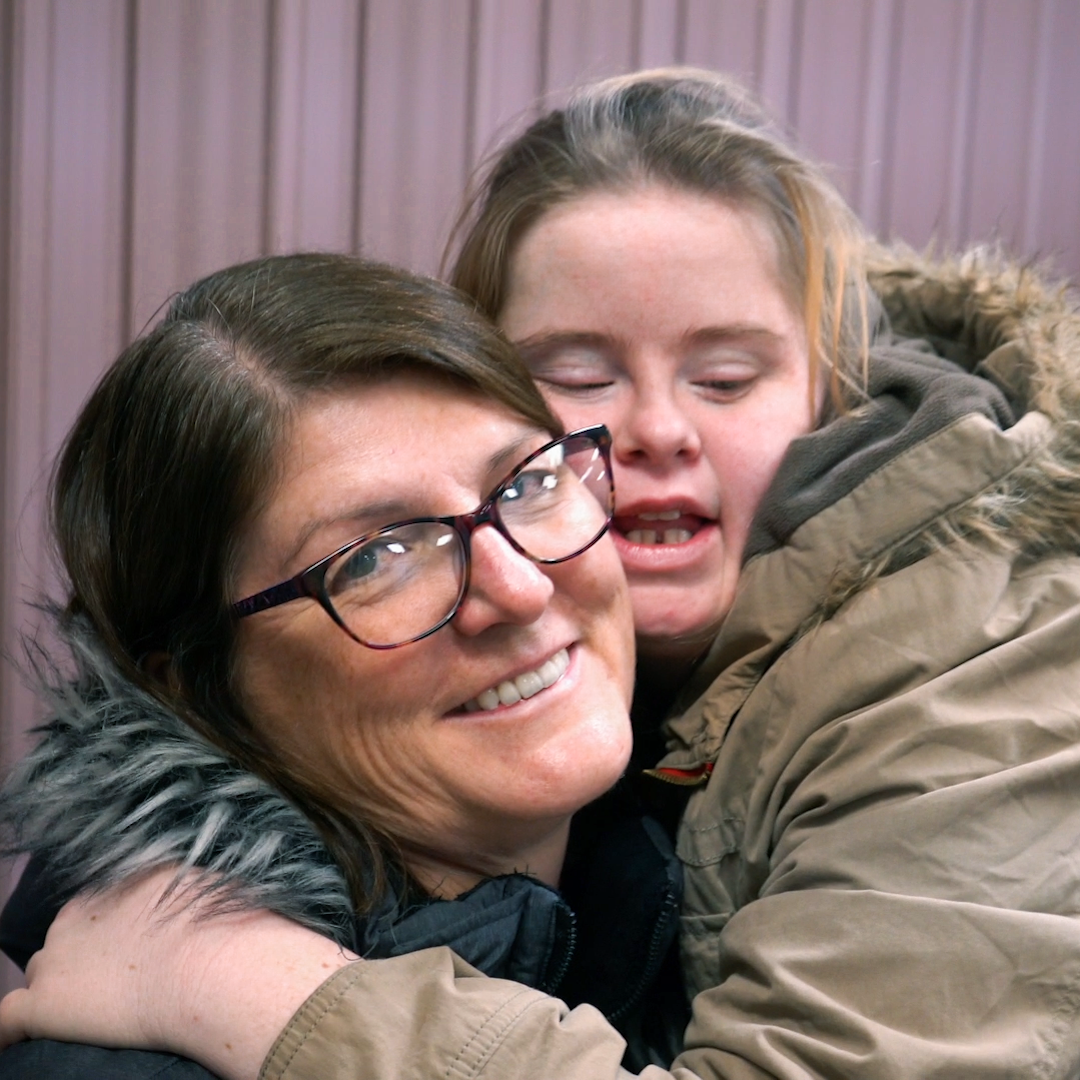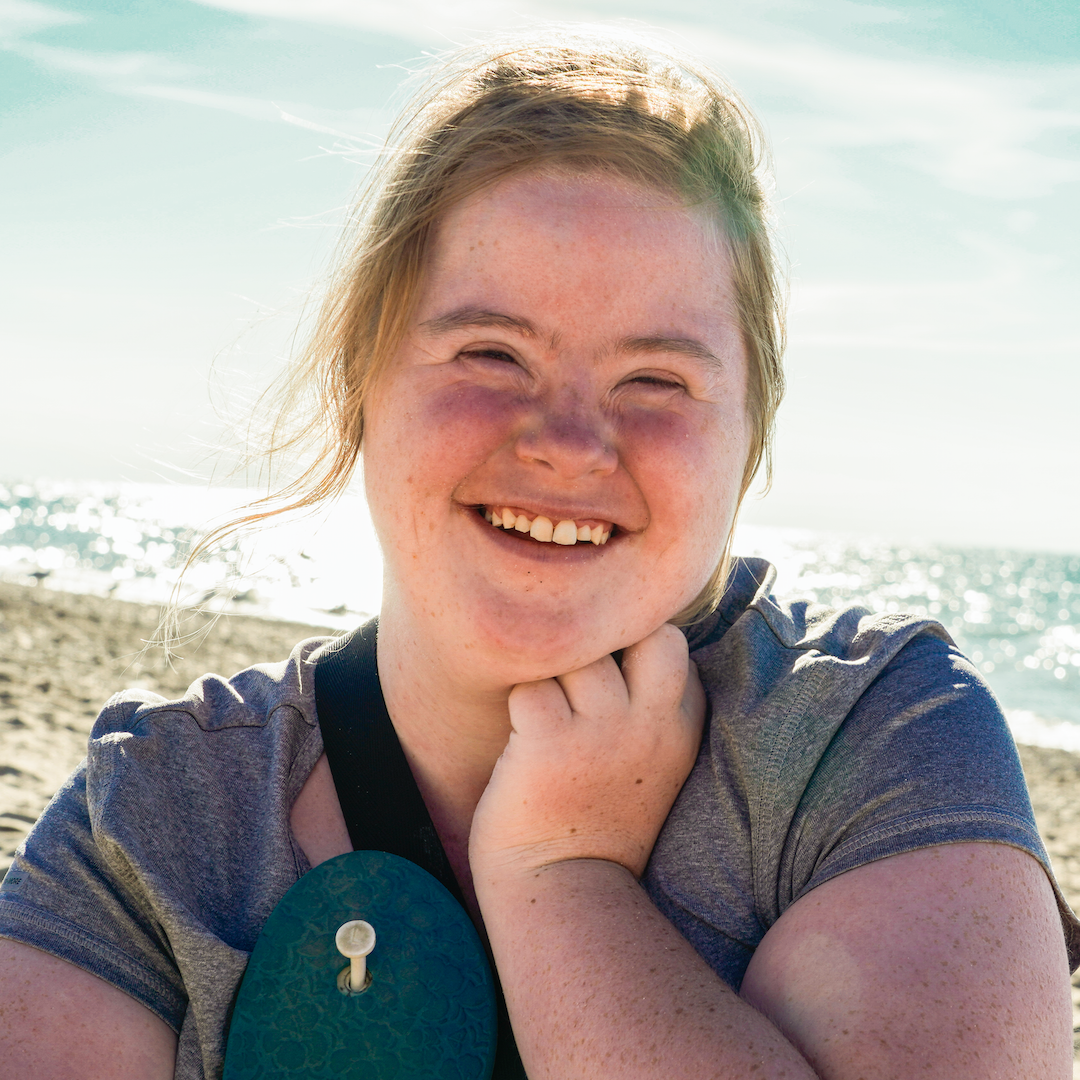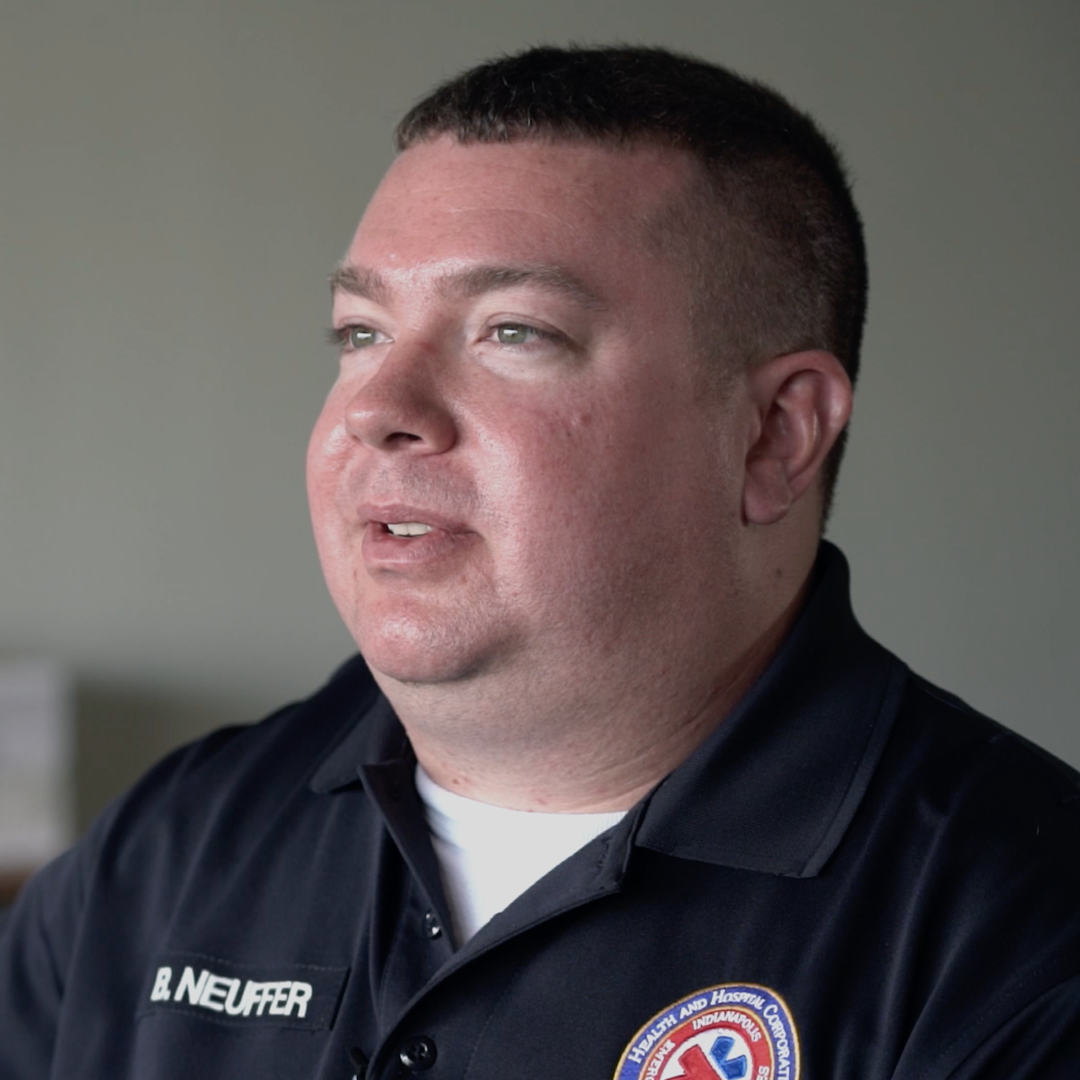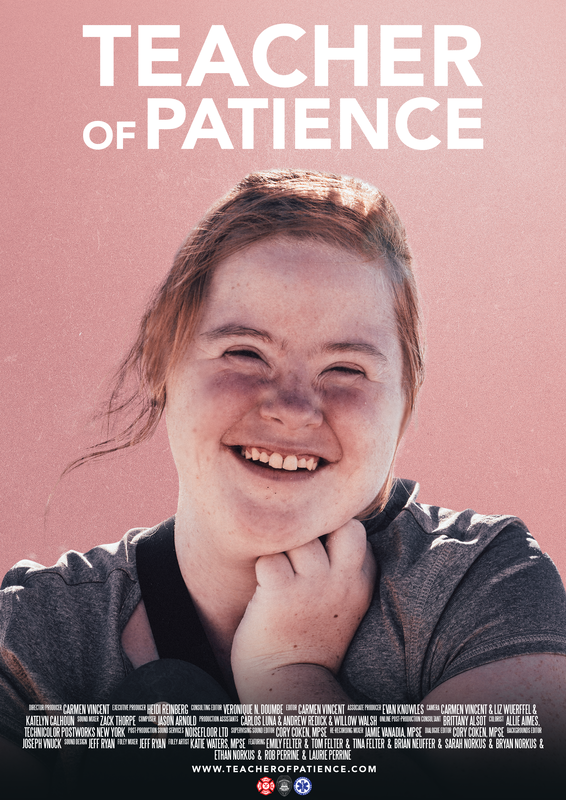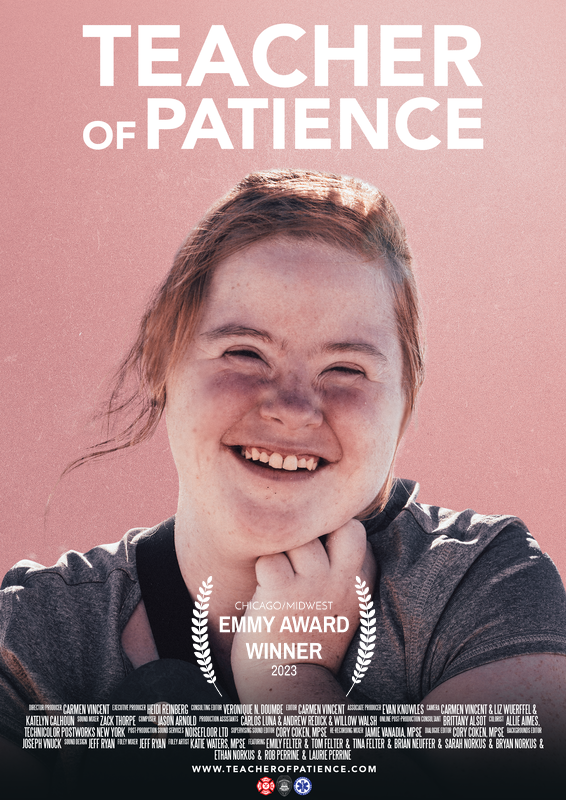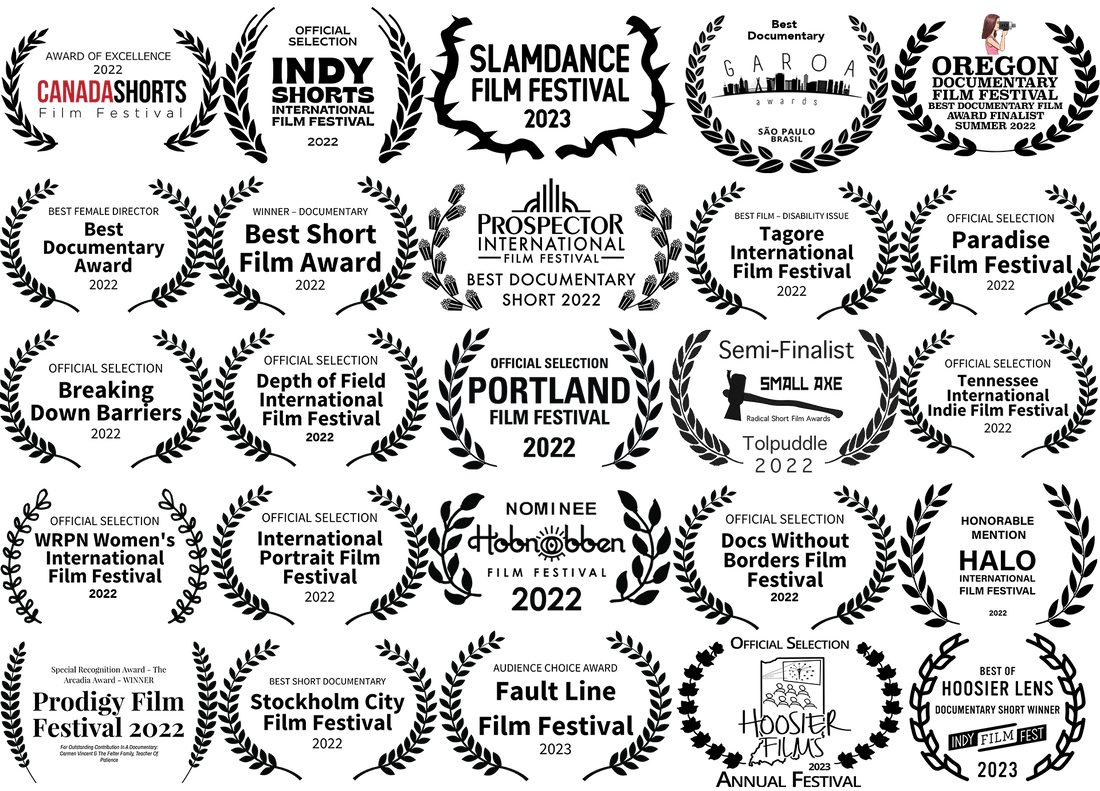PRESS RELEASE
| teacher_of_patience_2023_chicago_emmy_win_press_release_11.13.2023.pdf | |
| File Size: | 170 kb |
| File Type: | |
| teacher_of_patience_slamdance_film_festival_press_release_01.09.2023.pdf | |
| File Size: | 915 kb |
| File Type: | |
| teacher_of_patience_local_screening_press_release_10.28.2022.pdf | |
| File Size: | 7126 kb |
| File Type: | |
| teacher_of_patience_world_premiere_press_release_06.23.2022.pdf | |
| File Size: | 156 kb |
| File Type: | |
TRAILER
DIRECT LINK: https://youtu.be/OO6Pi_n6zec
EMBED CODE: <iframe width="560" height="315" src="https://www.youtube.com/embed/OO6Pi_n6zec" title="YouTube video player" frameborder="0" allow="accelerometer; autoplay; clipboard-write; encrypted-media; gyroscope; picture-in-picture" allowfullscreen></iframe>
ALSO FEATURED ON THE FRONT PAGE OF OUR SITE:
https://www.teacherofpatience.com/
LOGLINE, SYNOPSIS, & RUNTIME
RUNTIME:
28 minutes and 20 seconds. (Approx. 30 minutes.)
LOGLINE:
Over 20 years after Emily Felter is diagnosed with Down syndrome, paramedic (and Emily's father) Tom develops a presentation to share her story with other first responders. As the Felters work to raise disability awareness, they come face-to-face with the struggles and joys of their daily lives.
SYNOPSIS & CULTURAL RELEVANCE:
Over 28 years ago, paramedic Tom Felter and nurse Tina Felter welcomed Emily into the world. It wasn't long before baby Emily was diagnosed with Down syndrome. Almost 20 years later, the Felters set out to develop and share The Emily Talk, a presentation that teaches first responders and the greater community about individuals with disabilities, like Emily.
Emily finds her place in the world through her colorful language and sense of humor, her fondness of routine, and her deep love for those around her, who love her equally in return. The film shows that, just like everyone else, she has her good and bad days, and her unique ways of communicating her feelings are worth learning and listening to.
Sometimes that takes patience, which is a difficult skill to learn for everyone, but especially for those in the first responder field where things are always fast-paced. First responders are often required to make quick decisions and snap judgments, which can lead to unnecessary and unwanted tragedies. This is why Tom developed The Emily Talk with first responders in mind.
The film’s cultural relevance stems from years of inequitable treatment of those with Down syndrome and other disabilities. In The Emily Talk, Tom makes it clear that his impetus for presenting to first responders is to prevent tragedies that happen all-too-often, like when Ethan Saylor, a young man with Down syndrome, died of asphyxiation due to three deputies holding him down to the ground for too long when he wouldn’t leave the movie theater. He didn’t want to leave the theater because he was dead set on watching the next movie after the one he paid for ended. The deputies took action by pinning him to the ground instead of waiting for his caregiver to arrive at the theater. As Tom says in the Emily Talk, "In the same situation, that could have been Emily."
The purpose of the film is to show stories like Emily’s and the efforts she and her family are taking to educate first responders and the general community so tragedies like the one that happened to Ethan Saylor don’t happen again. Tom urges first responders to be patient with individuals who have Down syndrome and other disabilities, because patience could have prevented Ethan Saylor’s death, and many others like his.
Ultimately, this documentary was created to serve as an educational tool for first responders, a source of validation and comfort for families touched by disability, and kindling for open-minded discussion about disability, inclusion, equity, and accessibility.
28 minutes and 20 seconds. (Approx. 30 minutes.)
LOGLINE:
Over 20 years after Emily Felter is diagnosed with Down syndrome, paramedic (and Emily's father) Tom develops a presentation to share her story with other first responders. As the Felters work to raise disability awareness, they come face-to-face with the struggles and joys of their daily lives.
SYNOPSIS & CULTURAL RELEVANCE:
Over 28 years ago, paramedic Tom Felter and nurse Tina Felter welcomed Emily into the world. It wasn't long before baby Emily was diagnosed with Down syndrome. Almost 20 years later, the Felters set out to develop and share The Emily Talk, a presentation that teaches first responders and the greater community about individuals with disabilities, like Emily.
Emily finds her place in the world through her colorful language and sense of humor, her fondness of routine, and her deep love for those around her, who love her equally in return. The film shows that, just like everyone else, she has her good and bad days, and her unique ways of communicating her feelings are worth learning and listening to.
Sometimes that takes patience, which is a difficult skill to learn for everyone, but especially for those in the first responder field where things are always fast-paced. First responders are often required to make quick decisions and snap judgments, which can lead to unnecessary and unwanted tragedies. This is why Tom developed The Emily Talk with first responders in mind.
The film’s cultural relevance stems from years of inequitable treatment of those with Down syndrome and other disabilities. In The Emily Talk, Tom makes it clear that his impetus for presenting to first responders is to prevent tragedies that happen all-too-often, like when Ethan Saylor, a young man with Down syndrome, died of asphyxiation due to three deputies holding him down to the ground for too long when he wouldn’t leave the movie theater. He didn’t want to leave the theater because he was dead set on watching the next movie after the one he paid for ended. The deputies took action by pinning him to the ground instead of waiting for his caregiver to arrive at the theater. As Tom says in the Emily Talk, "In the same situation, that could have been Emily."
The purpose of the film is to show stories like Emily’s and the efforts she and her family are taking to educate first responders and the general community so tragedies like the one that happened to Ethan Saylor don’t happen again. Tom urges first responders to be patient with individuals who have Down syndrome and other disabilities, because patience could have prevented Ethan Saylor’s death, and many others like his.
Ultimately, this documentary was created to serve as an educational tool for first responders, a source of validation and comfort for families touched by disability, and kindling for open-minded discussion about disability, inclusion, equity, and accessibility.
REVIEWS
"As someone who interacts with diverse populations on a daily basis, the transformative concept of educating others on how to engage appropriately with other people via documentaries and story sharing is invaluable. Teacher of Patience provides a beautiful lesson on embracing and appreciating our differences, as well as a critical lesson on how we should all strive to learn how to engage with and appreciate others who we may not initially understand. This is an incredibly powerful and important film.”
-Samantha Burgett, Police Social Worker
"I train law enforcement and first responders on how to engage people with disabilities. Teacher of Patience explains why patience is so important by examining the life of one family. I tell those in my trainings that they cannot control how someone else reacts to something, but they can control how they react, and how they react can make all of the difference. Watching Tom and Tina put into action what they are teaching is eye opening. This is a very important and beautiful film. I recommend it to all first responders and everyone else."
-Steve Slack, National Down Syndrome Society DS Ambassador & Champion of Change Award Recipient
"I feel like this video should be shown because it tells the life of someone with Down Syndrome and how they should be portrayed. I felt comfortable watching this movie because it shows every day life , family and the struggles we go through."
-Kayla McKeon, Down Syndrome Self-Advocate and Lobbyist
"As a parent of an adult with Down Syndrome, I immediately connected to the parents in this film. The vulnerability and rawness of everyday life was beautifully captured in the film. My daughter and I love getting to know Emily through the documentary and celebrating her uniqueness and individuality."
-Melissa Bohacek, Parent of an Adult with Down Syndrome
You can view more reviews here.
-Samantha Burgett, Police Social Worker
"I train law enforcement and first responders on how to engage people with disabilities. Teacher of Patience explains why patience is so important by examining the life of one family. I tell those in my trainings that they cannot control how someone else reacts to something, but they can control how they react, and how they react can make all of the difference. Watching Tom and Tina put into action what they are teaching is eye opening. This is a very important and beautiful film. I recommend it to all first responders and everyone else."
-Steve Slack, National Down Syndrome Society DS Ambassador & Champion of Change Award Recipient
"I feel like this video should be shown because it tells the life of someone with Down Syndrome and how they should be portrayed. I felt comfortable watching this movie because it shows every day life , family and the struggles we go through."
-Kayla McKeon, Down Syndrome Self-Advocate and Lobbyist
"As a parent of an adult with Down Syndrome, I immediately connected to the parents in this film. The vulnerability and rawness of everyday life was beautifully captured in the film. My daughter and I love getting to know Emily through the documentary and celebrating her uniqueness and individuality."
-Melissa Bohacek, Parent of an Adult with Down Syndrome
You can view more reviews here.
SPONSORS & PARTNERS
|
SPONSORS:
NIPSCO Down Syndrome Family Connection Finish Line Youth Foundation Indiana Arts Commission Northwest Health Sam Allie State Farm Valparaiso Firefighters Local 1124 Kathy Costanzo Lynn & Steve Knowles Laurie McCann John H. Trimble |
PARTNERS:
Anderson Center for Autism Consulting Services Chasing Dreams Learning Center Down Syndrome Family Connection Making Chromosomes Count National Volunteer Fire Council |
KEY CREW & KEY PARTICIPANT BIOS
|
View Carmen's film and advocacy work here.
IMDb: https://www.imdb.com/name/nm11222089/ Facebook: @CarmenVincentFilms https://www.facebook.com/CarmenVincentFilms/ Instagram: @CarmenVincentFilms https://www.instagram.com/carmenvincentfilms/ Twitter: @CarmenVFilms https://twitter.com/carmenvfilms Website: https://www.carmenvincent.com/ |
Carmen Vincent
Director/Producer/Camera/Editor Northwest Indiana Carmen Vincent is an Emmy-Award-winning documentary filmmaker based in Northwest Indiana with a passion for telling stories that amplify often-misunderstood human experiences. While Midwestern through-and-through, she has worked with clients and told stories from across the country and in the United Kingdom and Palestine. She is a Nikon Storytellers Scholar, a selected participant of RespectAbility's 2021 Lab for Entertainment Professionals with Disabilities, and a proud recipient of the Best International Director award at the Georgia Documentary Film Festival for her short documentary, Forever A Champion. She uses her experience with non-visible disabilities, including OCD and ADHD, to pursue her work with creativity, empathy, and curiosity. Because of these disabilities, she is skilled at divergent thinking, attention to detail, and identifying the value in people. Carmen is committed to challenging stigma by proving that people with disabilities like hers are reliable, talented, and effective creators. Carmen holds a bachelor’s degree in Digital Media from Valparaiso University and she participates in numerous professional organizations such as FWD-Doc, D-Word, Duneland Chamber, NATAS Chicago/Midwest, and more. You can learn more about her process of making Teacher of Patience by checking out the FAQs section below. |
|
IMDb: https://www.imdb.com/name/nm0717932/
Twitter: @HeidiReinberg https://twitter.com/HeidiReinberg |
Heidi Reinberg
Executive Producer New York, New York Heidi Reinberg is a celebrated long-time producer from New York. She has produced for PBS, HBO, ITVS, and the like. Reinberg most recently produced the ITVS-co-production 93QUEEN, which was released theatrically through Abramorama before airing on POV in September 2018. 93QUEEN was awarded the inaugural first look Pitch Fund prize at the 2017 Hot Docs Forum, leading to co-production deals with arte SWR and yesDocu. She also served as Consulting Producer on BORN TO BE, which premiered at the 2019 NY Film Festival. Previously, Reinberg developed the nonfiction series WAR PHOTOGRAPHERS/EXPOSURE with Ross Kauffman for NBCUniversal, and produced Cynthia Wade’s first two films, GRIST FOR THE MILL and SHELTER DOGS, for Cinemax and HBO, respectively. She also served as consulting producer on Mai Iskander’s two feature docs, GARBAGE DREAMS (Independent Lens) and WORDS OF WITNESS (Al Jazeera America). Her work has been supported by the Sundance Documentary Institute; the Open Society Foundation; Just Films | Ford Foundation; the Winkelried Foundation; XTR; the Tribeca Film Institute; Catapult Film Fund; Fork Films; NYSCA; the IDA Enterprise Fund; the IDA Pare Lorentz Doc Fund; the Economic Hardship Reporting Project; Picture Motion; the Hartley Film Foundation; the Austin Film Society; the TFI A&E StoryLab; Women Make Movies; and the Independent Filmmaker Project. She is a frequent panelist on the subjects of grant-writing, fundraising, and pitching. She often serves as a consultant in the areas of project and story/character development, and is an active advocate for the mental well-being of those in the documentary industry. She is also a member of the Documentary Producers Alliance, where she serves on that body's Structural Working Group. |
|
IMDb: https://www.imdb.com/name/nm1926036/
Instagram: @doumbeveronique https://www.instagram.com/doumbeveronique/ |
Véronique N. Doumbé
Consulting Editor New York, New York Veronique Doumbe is a Cameroonian and West Indian independent filmmaker. She is the founder of Ndolo Films and is known as the director of The Birthday Party, the 2010 winner of the Berlin Black International Cinema Festival Prize Best Film or Video Depicting the Black Experience. She was the editor and co-producer of "Imbabazi: Le Pardon", Rwandan genocide survivor Joel Karekeziís first feature. The film won the Nile Grand Prize at the Luxor African Film Festival in 2014. She is currently developing Raising Zuly, a feature-length documentary about a girl growing up with Down Syndrome in Barcelona with her mother, tap dancer Roxane Butterfly. |
|
Evan Knowles
Associate Producer Northwest Indiana Evan Knowles is an account executive at a public relations firm in New York. He works remotely from Indiana, where he resides with Carmen, his longtime partner of eight years. His expertise lies in the world of finance and media relations, and he enjoys learning more about the film world by collaborating with Carmen. LinkedIn: https://www.linkedin.com/in/evanlknowles/ |
|
The Emily Talk Website: https://www.theemilytalk.com/
Facebook: @TheEmilyTalk https://www.facebook.com/TheEmilyTalk/ Instagram: @tomfelterjr https://www.instagram.com/tomfelterjr/ Twitter: @tfelterjr https://twitter.com/tfelterjr |
Tom Felter, Jr.
Key Participant Northwest Indiana Tom Felter, Jr. has worked in Emergency Medical Services for over 30 years, with additional experience as a police officer and firefighter. He first developed and presented The Emily Talk in February of 2015. Since then, he and Emily have presented The Emily Talk dozens of times across the region, state, and country. He is currently a station manager with Superior Air-Ground Ambulance Service and a part time paramedic with Northwest Health. He's an avid coffee-lover, and he best enjoys his cup of coffee on the front porch while watching Emily ride her bike. "I hope Teacher of Patience brings awareness to the importance of learning about disabilities and patiently getting to know individuals with disabilities." -Tom Felter, Jr. |
|
The Emily Talk Website: https://www.theemilytalk.com/
Facebook: @TheEmilyTalk https://www.facebook.com/TheEmilyTalk/ Instagram: @lazyfranch https://www.instagram.com/lazyfranch/ |
Tina Felter
Key Participant Northwest Indiana Tina Felter has been a nurse for over 30 years. She is currently the Clinical Manager of Labor and Delivery at Northwest Health – Porter. Tina is an avid horse-lover and takes care of horses Hank, Lucy, and Leonard in her backyard pasture. While she doesn't present The Emily Talk, she provides key support to both Tom and Emily to make sure they have what they need to be successful. She also makes sure mothers who give birth to a baby with Down syndrome in her labor and delivery unit have all of the information they need to move forward. "I hope Teacher of Patience brings awareness to the experiences that people with Down syndrome and their families have." -Tina Felter |
|
The Emily Talk Website: https://www.theemilytalk.com/
Facebook: @TheEmilyTalk https://www.facebook.com/TheEmilyTalk/ |
Emily Felter
Key Participant Northwest Indiana Emily Felter is a 28-year-old self-advocate who plays an active role in teaching others about Down syndrome and disability by interacting with others before, after, and sometimes during The Emily Talk. The Emily Talk is a presentation that she inspired her paramedic father to develop and its aim is to teach first responders about the disability community. On a typical day, you can catch her riding her bike for hours on end, listening to music on blast, and enjoying a nice, cold Dr. Pepper while spending time with her family. |
|
Brian Neuffer
Key Participant Central Indiana Brian Neuffer is a Captain with Indianapolis EMS where he functions as a paramedic supervisor. He has worked in EMS for the past 20 years and he has known Tom for over 22 years. "It has been absolutely inspiring to watch Tom, Tina, and Emily tell their story through Teacher of Patience and I am wholly honored and humbled to play my part." -Brian Neuffer |
Other Crew:
Liz Wuerffel
Camera
Northwest Indiana
Katelyn Calhoun
Camera
Central Indiana
Zack Thorpe
Sound Mixer
Central Indiana
Jason Arnold
Composer
San Francisco
Willow Walsh, Carlos Luna, Andrew Redick
Production Assistants
Northwest Indiana
Other Participants:
Sarah Norkus
Emily's older sister, Tom and Tina's daughter, Surgical Services Manager
Northwest Indiana
Laurie Felter-Perrine
Emily's aunt, Tom's sister
Northwest Indiana
Rob Perrine
Emily's uncle, Laurie's husband
Northwest Indiana
If you would like any more information, or headshots and bios for the rest of the crew/participants, please contact us at [email protected]. You can download full-res headshots in the photo section below.
Liz Wuerffel
Camera
Northwest Indiana
Katelyn Calhoun
Camera
Central Indiana
Zack Thorpe
Sound Mixer
Central Indiana
Jason Arnold
Composer
San Francisco
Willow Walsh, Carlos Luna, Andrew Redick
Production Assistants
Northwest Indiana
Other Participants:
Sarah Norkus
Emily's older sister, Tom and Tina's daughter, Surgical Services Manager
Northwest Indiana
Laurie Felter-Perrine
Emily's aunt, Tom's sister
Northwest Indiana
Rob Perrine
Emily's uncle, Laurie's husband
Northwest Indiana
If you would like any more information, or headshots and bios for the rest of the crew/participants, please contact us at [email protected]. You can download full-res headshots in the photo section below.
DIRECTOR'S STATEMENT
While Teacher of Patience started as a no-budget passion project, it quickly grew into an ambitious undertaking with a budget, full crew, and impact campaign. We've made it our mission to get this film in front of as many first responders' eyes as possible through our growing partnerships, community impact screenings, training programs, and national outreach efforts.
This film will always be special to me because the Felters gave me the knowledge and confidence that I needed to learn about the disability community. Soon after, I became more comfortable talking about my experiences with OCD and ADHD. I began to get involved in the disability community and learn more about myself. Now, I am a proud self-advocate, a FWD-Doc member, RespectAbility Lab alum, and a disability conversation moderator.
The Felters showed me that it's possible to be transparent and vulnerable about the struggles and joys of disability, while also highlighting the million other things that make a person a person. We are so quick to judge each other, so quick to point fingers and condemn each other, and I hope that this film makes a good case for why we all deserve to be treated with a little more patience and empathy. There's so much more to us than our labels, and that's my greatest takeaway from making this film.
-Carmen Vincent, Director/Producer
This film will always be special to me because the Felters gave me the knowledge and confidence that I needed to learn about the disability community. Soon after, I became more comfortable talking about my experiences with OCD and ADHD. I began to get involved in the disability community and learn more about myself. Now, I am a proud self-advocate, a FWD-Doc member, RespectAbility Lab alum, and a disability conversation moderator.
The Felters showed me that it's possible to be transparent and vulnerable about the struggles and joys of disability, while also highlighting the million other things that make a person a person. We are so quick to judge each other, so quick to point fingers and condemn each other, and I hope that this film makes a good case for why we all deserve to be treated with a little more patience and empathy. There's so much more to us than our labels, and that's my greatest takeaway from making this film.
-Carmen Vincent, Director/Producer
MOVIE POSTER, PHOTOS, GRAPHICS
Please feel free to use any of the photos or graphics in this Google Drive folder: https://drive.google.com/drive/folders/1uaQEE38s4Sj2JbgnqT0h1RQbC8nPW24A?usp=sharing
*All photos are 300 dpi
*Please include ALT text for accessibility purposes when you use these photos. Reach out to Carmen Vincent at [email protected] if you have any questions.
*All photos are 300 dpi
*Please include ALT text for accessibility purposes when you use these photos. Reach out to Carmen Vincent at [email protected] if you have any questions.
LINKS & SOCIALS
FILM WEBSITE
https://www.teacherofpatience.com/
TRAILER
https://youtu.be/OO6Pi_n6zec
BOOK A SCREENING
www.teacherofpatience.com/screen
WATCH THE FILM
www.teacherofpatience.com/watch
FACEBOOK
@CarmenVincentFilms
https://www.facebook.com/CarmenVincentFilms/
INSTAGRAM
@CarmenVincentFilms
https://www.instagram.com/carmenvincentfilms/
TWITTER
@CarmenVFilms
https://twitter.com/carmenvfilms
DIRECTOR'S WEBSITE
https://www.carmenvincent.com/
IMDB PAGE
https://www.imdb.com/title/tt21113330/
FILMFREEWAY PAGE
https://filmfreeway.com/TeacherofPatience
DONATE
https://www.paypal.com/paypalme/CarmenVincentFilms
FILM SCREENER
If you are a film reviewer in need of a private screening link for review purposes,
please contact Carmen Vincent at [email protected].
For questions or special requests, please email our team at [email protected].
https://www.teacherofpatience.com/
TRAILER
https://youtu.be/OO6Pi_n6zec
BOOK A SCREENING
www.teacherofpatience.com/screen
WATCH THE FILM
www.teacherofpatience.com/watch
@CarmenVincentFilms
https://www.facebook.com/CarmenVincentFilms/
@CarmenVincentFilms
https://www.instagram.com/carmenvincentfilms/
@CarmenVFilms
https://twitter.com/carmenvfilms
DIRECTOR'S WEBSITE
https://www.carmenvincent.com/
IMDB PAGE
https://www.imdb.com/title/tt21113330/
FILMFREEWAY PAGE
https://filmfreeway.com/TeacherofPatience
DONATE
https://www.paypal.com/paypalme/CarmenVincentFilms
FILM SCREENER
If you are a film reviewer in need of a private screening link for review purposes,
please contact Carmen Vincent at [email protected].
For questions or special requests, please email our team at [email protected].
FAQs
(All answers are written by Carmen Vincent, director/producer)
1.) How did you meet the Felters? What inspired you to tell their story?
In January 2020, as I began my senior year cinema production course, I was on the lookout for a compelling documentary subject. While I had planned on creating a documentary about a local Alzheimer's care unit, that didn't work out, so I ended up scrolling through the local Facebook events as a eleventh-hour effort to find a story to tell. I discovered The Emily Talk, which is Tom and Emily's presentation that they do for first responders and the wider community to teach about how to interact with individuals with disabilities. With my experience with disability, I was immediately intrigued. I attended The Emily Talk and was blown away by the Felters' honesty, vulnerability, and pure intentions. I walked up to them afterwards, asked if I could make a documentary about their lives, they said yes with no hesitation, and the rest is kind of history.
I was inspired to tell this story because we don't often see on screen what it looks like to be a small-town advocate. Being in Northwest Indiana, this was an opportunity to show that amazing things happen outside of the hubs that we hear so much about like New York and Los Angeles –– we have some major movers and shakers out here in the corn fields, too. As a member of the disability community myself, I was invested in the Felter's story because it addresses a major need in our community. Disability education for our first responders is vital, but lacking, and the Felter's are doing all they can to fulfill that need. On top of that, they are completely open about the struggles and joys of their own lives. I saw an opportunity to show that advocates don't have to be perfect or live perfect lives – they can be rough around the edges, which is human. That's what I love about the Felter's, they're human and they don't try to hide it – they use it to teach others.
2.) How did this film evolve since inception?
At first, this was a no-budget film project for my senior cinema production class. However, it quickly evolved as I realized that this story was much bigger than a three-month, ten-minute film. After I graduated in May 2020, as the pandemic was only just beginning, I decided to begin fundraising and building a team so we could create something bigger. I met my Executive Producer, Heidi Reinberg, at a virtual networking event for D-Word, an organization committed to supporting documentary filmmakers. I quickly realized how talented and knowledgeable Heidi is, and I reached out for support. She generously gave me her time and expertise, and taught me how to focus in on the meat of the story, the differentiator of this family's story versus all of the other disability advocacy stories out there –– The Emily Talk.
So I began gathering more footage and diving headfirst into what would turn out to be a two-year project from start to finish. I set my sights towards fostering partnerships that would help get this film in front of as many first responders as possible. I solicited local businesses and foundations to sponsor our pursuits. I learned from some amazing mentors and collaborated with some talented local creatives who made it all possible. Truly, this was not the solo effort I had planned on it being. Instead, this film gave me the push I needed to go out into the world and do this filmmaking thing for real.
3.) What was the most challenging part of making this film?
As someone with OCD, my first instinct is to question everything, especially things I care about deeply. In this case, I was constantly questioning if I was doing this family's story justice. I was particularly concerned about telling Emily's story and conveying her full, multidimensional essence since she was not able to sit down and tell her whole life story through a "typical" documentary interview, like her parents did. Instead, I often had to rely on her family's accounts of their collective experiences. This was difficult for me because I didn't want the whole film to be someone else speaking for Emily.
So, I spent a lot of time with Emily, learned about how she comfortably communicates, and captured some key moments such as her revealing and complex facial expressions (which I was constantly mesmerized by in the editing room!), the timing and nature of her stims such as flipping her Barbie dolls' hair, and her amazing sense of humor and perspective of the world when she was in the mood to chat briefly. Sure, it involved plenty of silence, patience, and careful attention to body language, but I was honored to share on film what Emily shared with me. It helped me realize that humanity can be shown in so many different ways. I hope to this day that I did enough to show that Emily is a special person full of complexities and worthy of taking up space just like everyone else.
4.) Were there any anecdotes from your filmmaking process that you'd like to share?
Besides being constantly roasted by Emily with her colorful language (which, I'd like to think, she uses against me because she likes me), there were so many funny and light-hearted moments that we shared. My favorite memories are the times Emily and I would spend in her room watching her favorite shows, like iCarly, Hannah Montana, High School Musical, basically all of the shows I was obsessed with growing up. We quickly connected over that, and I found myself feeling more comfortable around Emily than I do most people.
One day while we were hanging out, Emily asked me to do her hair. Of course, having always longed for a sister who I could do these kinds of things with, I grabbed the curling iron and carefully styled Emily's hair. With a little too much hair spray (my bad), our masterpiece was complete. Emily ran into the bathroom and spent a solid twenty minutes staring at herself in the mirror, flipping her hair back and forth, and saying things like, "I look fabulous!" This moment lives at the end sequence of Teacher of Patience, and it's one of my favorite memories. It was amazing to see Emily feel so good about herself because of something I did. Our relationship wasn't just me pointing the camera at her anymore, it turned into a true friendship.
5.) What do you hope the audience be thinking about as the credits roll?
I hope that anyone who watches this film comes away with peaked curiosity. I want to inspire people to be hungry to learn more. More than that, though, I would love for people to walk away from this film having just a little bit more empathy for their neighbors. We are so quick to judge each other, so quick to point fingers and condemn each other, and I hope that this film makes a good case for why we all deserve to be treated with a little more patience and empathy.
6.) What are your plans for the film now that it's finished?
We have big plans for Teacher of Patience! On top of the traditional documentary distribution routes like film festivals and screening platforms, we plan on incorporating the film into first responder training programs, diversity, equity, inclusion, and accessibility training, and we also plan on doing a variety of impact-focused community screenings. Our goal is to get this film in front of as many first responders as possible and empower them with revelant resources to ensure they have all the tools they need to ask questions, seek out answers, and learn more about how to interact with individuals with disabilities. Thanks to our growing list of partners, we are excited to be on track for achieving those goals both locally, state-wide, and nation-wide.
7.) What did you learn directing this film?
I learned SO MUCH directing this film. Truly, I feel like I earned a master's in documentary filmmaking. I learned how to tell a multi-character story, how to direct a crew, how to solicit donations and run a fundraising campaign. I also learned how to keep up with the legal side of documentary filmmaking with all of the releases and clearances needed. I learned how to work with a composer, how to work with a colorist, a sound mixer, a multi-camera crew, and so much more. Truly, I am so grateful for this opportunity to follow through with my ambitions and learn from so many talented people.
Thanks to my Executive Producer, Heidi Reinberg, I learned about the importance of having specific audiences for your film. So, I started crafting the story with focused audiences in mind: first responders, nurses, social workers, and parents with children with disabilities. Of course, I wanted the film to be relevant to everyone, but Heidi showed me that keeping these specific audiences in mind allows me to tell a more focused, purposeful narrative that will resonate with people more deeply in the long run.
Despite all of these lessons, I'm very aware that I have so much more to learn, but I'm much less afraid of learning those lessons now. Especially with an anxiety disorder, the fear of failure can be paralyzing. The only effective way I've found to combat that fear is to just do the thing I'm afraid of doing and prove to myself that I was capable of learning and growing through the process all along. So, onward!
8.) Who are your filmmaking influences?
For Teacher of Patience, I looked to filmmakers such as Roger Ross Williams, director of Life, Animated, Werner Herzog, director of Grizzly Man, and Melissa Dowler, director of Adele and Everything After. Being three of my favorite films, I made the connection that all of our main characters are often-misunderstood. I really appreciate how Williams, Herzog, and Dowler tell their characters' stories with empathy and curiosity, giving their voices center stage through archival footage, interview footage, b-roll, and day-to-day life footage.
Besides Herzog, Williams, and Dowler, I am inspired by so many filmmakers such as Dawn Porter, Lana Wilson, Sarah Moshman, Ashley Maria, James LeBrecht, Nicole Newnham, and more. However, I have to say local filmmaker Liz Wuerffel has inspired me more than anything. She has shown me that, not only can you make meaningful films right here in Indiana, but you can make those films relate to the wider human experience by looking for the stories that are often misunderstood, asking thoughtful questions that no one else bothers to ask, and putting yourself in that person's shoes. I admire her fearless and unapologetic storytelling, and I'm grateful to have such a talented, generous role model in my backyard.
9.) What's next for you?
One of my OCD manifestations is list-making, which comes in handy sometimes. Right now, I have a list of almost 70 documentary ideas that I'd love to make, so I have plenty of paths to pursue for my next film. However, I've found that no matter how much I try to pursue a story, whatever story I'm meant to tell always seems to find me. While I'm passionate about telling a story about weight stigma in healthcare, being a young caregiver to a parent, the all-too-often-misunderstood city of Gary, the Israeli-Palestinian conflict, and more, I know that the right story will become apparent as I continue pursuing this passion of mine.
My ultimate goal is to open up a community production company in Northwest Indiana where creatives from all backgrounds, experience levels, and disciplines can come together and create together.
10.) What can people do to support this film and its mission?
To support Teacher of Patience and its impact, you can learn more at www.TeacherofPatience.com. If you or someone you know has connections to a first responder organization, or a company looking for diversity, equity, inclusion, and accessibility training content, please contact Carmen Vincent at [email protected]. Finally, we are still raising funds to make this film as accessible as possible to first responder groups, so if you feel called to support our mission, please head over to www.TeacherofPatience.com to make a tax-deductible donation, or reach out to Carmen Vincent at [email protected] for more information on how you can best support us.
If you have any other questions for Carmen, feel free to email her at [email protected].
1.) How did you meet the Felters? What inspired you to tell their story?
In January 2020, as I began my senior year cinema production course, I was on the lookout for a compelling documentary subject. While I had planned on creating a documentary about a local Alzheimer's care unit, that didn't work out, so I ended up scrolling through the local Facebook events as a eleventh-hour effort to find a story to tell. I discovered The Emily Talk, which is Tom and Emily's presentation that they do for first responders and the wider community to teach about how to interact with individuals with disabilities. With my experience with disability, I was immediately intrigued. I attended The Emily Talk and was blown away by the Felters' honesty, vulnerability, and pure intentions. I walked up to them afterwards, asked if I could make a documentary about their lives, they said yes with no hesitation, and the rest is kind of history.
I was inspired to tell this story because we don't often see on screen what it looks like to be a small-town advocate. Being in Northwest Indiana, this was an opportunity to show that amazing things happen outside of the hubs that we hear so much about like New York and Los Angeles –– we have some major movers and shakers out here in the corn fields, too. As a member of the disability community myself, I was invested in the Felter's story because it addresses a major need in our community. Disability education for our first responders is vital, but lacking, and the Felter's are doing all they can to fulfill that need. On top of that, they are completely open about the struggles and joys of their own lives. I saw an opportunity to show that advocates don't have to be perfect or live perfect lives – they can be rough around the edges, which is human. That's what I love about the Felter's, they're human and they don't try to hide it – they use it to teach others.
2.) How did this film evolve since inception?
At first, this was a no-budget film project for my senior cinema production class. However, it quickly evolved as I realized that this story was much bigger than a three-month, ten-minute film. After I graduated in May 2020, as the pandemic was only just beginning, I decided to begin fundraising and building a team so we could create something bigger. I met my Executive Producer, Heidi Reinberg, at a virtual networking event for D-Word, an organization committed to supporting documentary filmmakers. I quickly realized how talented and knowledgeable Heidi is, and I reached out for support. She generously gave me her time and expertise, and taught me how to focus in on the meat of the story, the differentiator of this family's story versus all of the other disability advocacy stories out there –– The Emily Talk.
So I began gathering more footage and diving headfirst into what would turn out to be a two-year project from start to finish. I set my sights towards fostering partnerships that would help get this film in front of as many first responders as possible. I solicited local businesses and foundations to sponsor our pursuits. I learned from some amazing mentors and collaborated with some talented local creatives who made it all possible. Truly, this was not the solo effort I had planned on it being. Instead, this film gave me the push I needed to go out into the world and do this filmmaking thing for real.
3.) What was the most challenging part of making this film?
As someone with OCD, my first instinct is to question everything, especially things I care about deeply. In this case, I was constantly questioning if I was doing this family's story justice. I was particularly concerned about telling Emily's story and conveying her full, multidimensional essence since she was not able to sit down and tell her whole life story through a "typical" documentary interview, like her parents did. Instead, I often had to rely on her family's accounts of their collective experiences. This was difficult for me because I didn't want the whole film to be someone else speaking for Emily.
So, I spent a lot of time with Emily, learned about how she comfortably communicates, and captured some key moments such as her revealing and complex facial expressions (which I was constantly mesmerized by in the editing room!), the timing and nature of her stims such as flipping her Barbie dolls' hair, and her amazing sense of humor and perspective of the world when she was in the mood to chat briefly. Sure, it involved plenty of silence, patience, and careful attention to body language, but I was honored to share on film what Emily shared with me. It helped me realize that humanity can be shown in so many different ways. I hope to this day that I did enough to show that Emily is a special person full of complexities and worthy of taking up space just like everyone else.
4.) Were there any anecdotes from your filmmaking process that you'd like to share?
Besides being constantly roasted by Emily with her colorful language (which, I'd like to think, she uses against me because she likes me), there were so many funny and light-hearted moments that we shared. My favorite memories are the times Emily and I would spend in her room watching her favorite shows, like iCarly, Hannah Montana, High School Musical, basically all of the shows I was obsessed with growing up. We quickly connected over that, and I found myself feeling more comfortable around Emily than I do most people.
One day while we were hanging out, Emily asked me to do her hair. Of course, having always longed for a sister who I could do these kinds of things with, I grabbed the curling iron and carefully styled Emily's hair. With a little too much hair spray (my bad), our masterpiece was complete. Emily ran into the bathroom and spent a solid twenty minutes staring at herself in the mirror, flipping her hair back and forth, and saying things like, "I look fabulous!" This moment lives at the end sequence of Teacher of Patience, and it's one of my favorite memories. It was amazing to see Emily feel so good about herself because of something I did. Our relationship wasn't just me pointing the camera at her anymore, it turned into a true friendship.
5.) What do you hope the audience be thinking about as the credits roll?
I hope that anyone who watches this film comes away with peaked curiosity. I want to inspire people to be hungry to learn more. More than that, though, I would love for people to walk away from this film having just a little bit more empathy for their neighbors. We are so quick to judge each other, so quick to point fingers and condemn each other, and I hope that this film makes a good case for why we all deserve to be treated with a little more patience and empathy.
6.) What are your plans for the film now that it's finished?
We have big plans for Teacher of Patience! On top of the traditional documentary distribution routes like film festivals and screening platforms, we plan on incorporating the film into first responder training programs, diversity, equity, inclusion, and accessibility training, and we also plan on doing a variety of impact-focused community screenings. Our goal is to get this film in front of as many first responders as possible and empower them with revelant resources to ensure they have all the tools they need to ask questions, seek out answers, and learn more about how to interact with individuals with disabilities. Thanks to our growing list of partners, we are excited to be on track for achieving those goals both locally, state-wide, and nation-wide.
7.) What did you learn directing this film?
I learned SO MUCH directing this film. Truly, I feel like I earned a master's in documentary filmmaking. I learned how to tell a multi-character story, how to direct a crew, how to solicit donations and run a fundraising campaign. I also learned how to keep up with the legal side of documentary filmmaking with all of the releases and clearances needed. I learned how to work with a composer, how to work with a colorist, a sound mixer, a multi-camera crew, and so much more. Truly, I am so grateful for this opportunity to follow through with my ambitions and learn from so many talented people.
Thanks to my Executive Producer, Heidi Reinberg, I learned about the importance of having specific audiences for your film. So, I started crafting the story with focused audiences in mind: first responders, nurses, social workers, and parents with children with disabilities. Of course, I wanted the film to be relevant to everyone, but Heidi showed me that keeping these specific audiences in mind allows me to tell a more focused, purposeful narrative that will resonate with people more deeply in the long run.
Despite all of these lessons, I'm very aware that I have so much more to learn, but I'm much less afraid of learning those lessons now. Especially with an anxiety disorder, the fear of failure can be paralyzing. The only effective way I've found to combat that fear is to just do the thing I'm afraid of doing and prove to myself that I was capable of learning and growing through the process all along. So, onward!
8.) Who are your filmmaking influences?
For Teacher of Patience, I looked to filmmakers such as Roger Ross Williams, director of Life, Animated, Werner Herzog, director of Grizzly Man, and Melissa Dowler, director of Adele and Everything After. Being three of my favorite films, I made the connection that all of our main characters are often-misunderstood. I really appreciate how Williams, Herzog, and Dowler tell their characters' stories with empathy and curiosity, giving their voices center stage through archival footage, interview footage, b-roll, and day-to-day life footage.
Besides Herzog, Williams, and Dowler, I am inspired by so many filmmakers such as Dawn Porter, Lana Wilson, Sarah Moshman, Ashley Maria, James LeBrecht, Nicole Newnham, and more. However, I have to say local filmmaker Liz Wuerffel has inspired me more than anything. She has shown me that, not only can you make meaningful films right here in Indiana, but you can make those films relate to the wider human experience by looking for the stories that are often misunderstood, asking thoughtful questions that no one else bothers to ask, and putting yourself in that person's shoes. I admire her fearless and unapologetic storytelling, and I'm grateful to have such a talented, generous role model in my backyard.
9.) What's next for you?
One of my OCD manifestations is list-making, which comes in handy sometimes. Right now, I have a list of almost 70 documentary ideas that I'd love to make, so I have plenty of paths to pursue for my next film. However, I've found that no matter how much I try to pursue a story, whatever story I'm meant to tell always seems to find me. While I'm passionate about telling a story about weight stigma in healthcare, being a young caregiver to a parent, the all-too-often-misunderstood city of Gary, the Israeli-Palestinian conflict, and more, I know that the right story will become apparent as I continue pursuing this passion of mine.
My ultimate goal is to open up a community production company in Northwest Indiana where creatives from all backgrounds, experience levels, and disciplines can come together and create together.
10.) What can people do to support this film and its mission?
To support Teacher of Patience and its impact, you can learn more at www.TeacherofPatience.com. If you or someone you know has connections to a first responder organization, or a company looking for diversity, equity, inclusion, and accessibility training content, please contact Carmen Vincent at [email protected]. Finally, we are still raising funds to make this film as accessible as possible to first responder groups, so if you feel called to support our mission, please head over to www.TeacherofPatience.com to make a tax-deductible donation, or reach out to Carmen Vincent at [email protected] for more information on how you can best support us.
If you have any other questions for Carmen, feel free to email her at [email protected].
FILM FESTIVALS, EVENTS, & SCREENINGS
CONTACT INFO
CREDITS
DIRECTOR/PRODUCER
Carmen Vincent
EXECUTIVE PRODUCER
Heidi Reinberg
CONSULTING EDITOR
Véronique N. Doumbé
EDITOR
Carmen Vincent
ASSOCIATE PRODUCER
Evan Knowles
CAMERA
Carmen Vincent
Liz Wuerffel
Katelyn Calhoun
SOUND MIXER
Zack Thorpe
COMPOSER
Jason Arnold
PRODUCTION ASSISTANTS
Carlos Luna
Andrew Redick
Willow Walsh
ONLINE POST-PRODUCTION CONSULTANT
Brittany Alsot
COLORIST
Allie Aimes,
Technicolor PostWorks New York
POST-PRODUCTION SOUND SERVICES
Noisefloor Ltd
SUPERVISING SOUND EDITOR
Cory Coken, MPSE
RE-RECORDING MIXER
Jamie Vanadia, MPSE
DIALOGUE EDITOR
Cory Coken, MPSE
BACKGROUNDS EDITOR
Joseph Vnuck
SOUND DESIGN
Jeff Ryan
FOLEY MIXER
Jeff Ryan
FOLEY ARTIST
Katie Waters, MPSE
FEATURING
Emily Felter
Tom Felter, Jr.
Tina Felter
Brian Neuffer
Sarah Norkus
Bryan Norkus
Ethan Norkus
Rob Perrine
Laurie Perrine
SPONSORED BY
NIPSCO
Down Syndrome Family Connection
Finish Line Youth Foundation
Indiana Arts Commission
Northwest Health
Sam Allie State Farm
Valparaiso Firefighters Local 1124
IMPACT PARTNERS
Anderson Center Consulting
Chasing Dreams Learning Center
Down Syndrome Family Connection
Making Chromosomes Count
National Volunteer Fire Council
MAJOR INDIVIDUAL DONORS
Kathy Costanzo
Laurie McCann
John H. Trimble
SPECIAL THANKS TO
Dan & Kathleen Abbott
Cami Adler Guba
Sam Allie
Charlie Anderson
Jason Arnold
Brittany Alsot
Lynette Awe
Cecilia Ballard
Carolyn Battles Eft
Paul Baxter
Diana Becker
Betty Biggert
Laura Blue
Jeni Bolton
Sam Burgett
Katelyn Calhoun
Sue Calhoun
Gail Canganelli
Kylie Carden
Gilles Charriere
Saddam Abbas Che
Claire Connon
Barbara Connon
Kathy Constanzo
Meghan Cook
Robert Cook
Michael Costanzo
Brenda Darrol
Mary Demmon Gumm
Dara Denman
James Dillman
Véronique Doumbé
James D. Eckblad
Chantal Encalada
Robbie Fackelman
Emily Felter
Tom Felter Jr.
Tina Felter
Jeanne Forester
Ben Fox
Jonathan Frager
Cary Fuller Bedel
Bob Gallowitch
Kathy Galvin
Tama Gluck Stessman
Jen Grawcock
Dave Hammen
George Hanlin
Colleen Hatcher
Jon Hendricks
Gene Hendrix-Maze
Julie Holiday
Chance Holliday
Rachel Johnson
Vincent Joseph
Peggy Kaye
Erin Kempski
Lynn Knowles Battles
Evan Knowles
Ed & Judy Krepsky
Barbara Kuhn
Simon Kulmurry
Jennifer Landowski Klumb
Kari Lanham
Dale Lanham
Erin Lew Michelle
Barbara Lieske Moss
Karen Lingerfelt
Jane Lohmeyer
Kate Longoria
Bry Louis
Carlos Luna
Ashley Maria
Laurie McCann
Mary Jones Ann Meyer
Crystal Mikuly
Suzanne Milkus Seyfert
Jackie Neiman
Tawnya Nemeth
Jan Nesladek
Brian Neuffer
Isaac Njugana
Sarah Norkus
Bryan Norkus
Katie Novotny
Michelle Nuce
Aimee Oesterreich
Virginia Oleksy
Melissa Parker
Xtek Inc. Partners
Rob Perrine
Laurie Perrine
Wendy Pickering
Jesse Pudles
Glenn & Elaine Radzenski
Andy Redick
Heidi Reinberg
Bryan Rey
Brandon Roark
Anna Rodgers
Tony Salgado
Allison Schuette
Holly Schuffenhauer Pearo
William SeDoris
Stephanie Seeger
Maggie Seideman
Sarhang Sherwany
Hope Smith
Sheryl Smith Alloway
Jennifer Soffin
Mike Spica
Brian Steinberg
Beth Sternheimer
Lisa Tabor
Zack Thorpe
Aimee Tomasek
Angie Touchet
John H. Trimble
Maxine Trump
Katie Turinski
Kimberly Uecker
Elizabeth Vincent
Rich Vincent
Chaz Volk
Willow Walsh
Sarah Ward
Kevin Wesley
Erica Wheeler
Joshua Williams
Kathy Witt
Elizabeth Wuerffel
The Zelechoski Family
Weebly
Northwest Health EMS
Indianapolis EMS
IEMS Conference
French Lick Resort
Strack & Van Til Valparaiso
Ceramix 101
Red Robin Valparaiso
Tru by Hilton Indianapolis Downtown
Tappers Arcade Bar
Inman’s Bowling and Recreation Center
Indy Public Safety Foundation
Technicolor PostWorks New York
Noisefloor Ltd
Sundance Collab
SONGS FEATURED
Kalimba Relaxation Music by Kevin MacLeod
Link: filmmusic.io/song/5711-kalimba-relaxation-music
License: https://filmmusic.io/standard-license
A Quiet Thought by Wayne Jones
Link: directory.audio/free-music/cinematic/6769-wayne-jones-a-quiet-thought
License: https://creativecommons.org/licenses/by/3.0/
"Two"
Written by Ryan O'Neal
Published by Asteroid B-612 (BMI) and Wine and Song Music (BMI)
Performed by Sleeping At Last
Courtesy of Asteroid B-612
By arrangement with Music Alternatives, LLC
Original works by Jason Arnold
LEGAL SERVICES PROVIDED BY
Southwestern Law School
Entertainment and The Arts Legal Clinic
Filmed in Indiana
© 2022
Carmen Vincent Films LLC
Carmen Vincent
EXECUTIVE PRODUCER
Heidi Reinberg
CONSULTING EDITOR
Véronique N. Doumbé
EDITOR
Carmen Vincent
ASSOCIATE PRODUCER
Evan Knowles
CAMERA
Carmen Vincent
Liz Wuerffel
Katelyn Calhoun
SOUND MIXER
Zack Thorpe
COMPOSER
Jason Arnold
PRODUCTION ASSISTANTS
Carlos Luna
Andrew Redick
Willow Walsh
ONLINE POST-PRODUCTION CONSULTANT
Brittany Alsot
COLORIST
Allie Aimes,
Technicolor PostWorks New York
POST-PRODUCTION SOUND SERVICES
Noisefloor Ltd
SUPERVISING SOUND EDITOR
Cory Coken, MPSE
RE-RECORDING MIXER
Jamie Vanadia, MPSE
DIALOGUE EDITOR
Cory Coken, MPSE
BACKGROUNDS EDITOR
Joseph Vnuck
SOUND DESIGN
Jeff Ryan
FOLEY MIXER
Jeff Ryan
FOLEY ARTIST
Katie Waters, MPSE
FEATURING
Emily Felter
Tom Felter, Jr.
Tina Felter
Brian Neuffer
Sarah Norkus
Bryan Norkus
Ethan Norkus
Rob Perrine
Laurie Perrine
SPONSORED BY
NIPSCO
Down Syndrome Family Connection
Finish Line Youth Foundation
Indiana Arts Commission
Northwest Health
Sam Allie State Farm
Valparaiso Firefighters Local 1124
IMPACT PARTNERS
Anderson Center Consulting
Chasing Dreams Learning Center
Down Syndrome Family Connection
Making Chromosomes Count
National Volunteer Fire Council
MAJOR INDIVIDUAL DONORS
Kathy Costanzo
Laurie McCann
John H. Trimble
SPECIAL THANKS TO
Dan & Kathleen Abbott
Cami Adler Guba
Sam Allie
Charlie Anderson
Jason Arnold
Brittany Alsot
Lynette Awe
Cecilia Ballard
Carolyn Battles Eft
Paul Baxter
Diana Becker
Betty Biggert
Laura Blue
Jeni Bolton
Sam Burgett
Katelyn Calhoun
Sue Calhoun
Gail Canganelli
Kylie Carden
Gilles Charriere
Saddam Abbas Che
Claire Connon
Barbara Connon
Kathy Constanzo
Meghan Cook
Robert Cook
Michael Costanzo
Brenda Darrol
Mary Demmon Gumm
Dara Denman
James Dillman
Véronique Doumbé
James D. Eckblad
Chantal Encalada
Robbie Fackelman
Emily Felter
Tom Felter Jr.
Tina Felter
Jeanne Forester
Ben Fox
Jonathan Frager
Cary Fuller Bedel
Bob Gallowitch
Kathy Galvin
Tama Gluck Stessman
Jen Grawcock
Dave Hammen
George Hanlin
Colleen Hatcher
Jon Hendricks
Gene Hendrix-Maze
Julie Holiday
Chance Holliday
Rachel Johnson
Vincent Joseph
Peggy Kaye
Erin Kempski
Lynn Knowles Battles
Evan Knowles
Ed & Judy Krepsky
Barbara Kuhn
Simon Kulmurry
Jennifer Landowski Klumb
Kari Lanham
Dale Lanham
Erin Lew Michelle
Barbara Lieske Moss
Karen Lingerfelt
Jane Lohmeyer
Kate Longoria
Bry Louis
Carlos Luna
Ashley Maria
Laurie McCann
Mary Jones Ann Meyer
Crystal Mikuly
Suzanne Milkus Seyfert
Jackie Neiman
Tawnya Nemeth
Jan Nesladek
Brian Neuffer
Isaac Njugana
Sarah Norkus
Bryan Norkus
Katie Novotny
Michelle Nuce
Aimee Oesterreich
Virginia Oleksy
Melissa Parker
Xtek Inc. Partners
Rob Perrine
Laurie Perrine
Wendy Pickering
Jesse Pudles
Glenn & Elaine Radzenski
Andy Redick
Heidi Reinberg
Bryan Rey
Brandon Roark
Anna Rodgers
Tony Salgado
Allison Schuette
Holly Schuffenhauer Pearo
William SeDoris
Stephanie Seeger
Maggie Seideman
Sarhang Sherwany
Hope Smith
Sheryl Smith Alloway
Jennifer Soffin
Mike Spica
Brian Steinberg
Beth Sternheimer
Lisa Tabor
Zack Thorpe
Aimee Tomasek
Angie Touchet
John H. Trimble
Maxine Trump
Katie Turinski
Kimberly Uecker
Elizabeth Vincent
Rich Vincent
Chaz Volk
Willow Walsh
Sarah Ward
Kevin Wesley
Erica Wheeler
Joshua Williams
Kathy Witt
Elizabeth Wuerffel
The Zelechoski Family
Weebly
Northwest Health EMS
Indianapolis EMS
IEMS Conference
French Lick Resort
Strack & Van Til Valparaiso
Ceramix 101
Red Robin Valparaiso
Tru by Hilton Indianapolis Downtown
Tappers Arcade Bar
Inman’s Bowling and Recreation Center
Indy Public Safety Foundation
Technicolor PostWorks New York
Noisefloor Ltd
Sundance Collab
SONGS FEATURED
Kalimba Relaxation Music by Kevin MacLeod
Link: filmmusic.io/song/5711-kalimba-relaxation-music
License: https://filmmusic.io/standard-license
A Quiet Thought by Wayne Jones
Link: directory.audio/free-music/cinematic/6769-wayne-jones-a-quiet-thought
License: https://creativecommons.org/licenses/by/3.0/
"Two"
Written by Ryan O'Neal
Published by Asteroid B-612 (BMI) and Wine and Song Music (BMI)
Performed by Sleeping At Last
Courtesy of Asteroid B-612
By arrangement with Music Alternatives, LLC
Original works by Jason Arnold
LEGAL SERVICES PROVIDED BY
Southwestern Law School
Entertainment and The Arts Legal Clinic
Filmed in Indiana
© 2022
Carmen Vincent Films LLC
THE EMILY TALK
Please visit www.TheEmilyTalk.com to learn more about The Emily Talk, the presentation that Tom and Emily give to first responders and the wider community about how to interact with individuals with disabilities.
The Emily Talk Website: https://www.theemilytalk.com/
Facebook: @TheEmilyTalk
https://www.facebook.com/TheEmilyTalk/
If you have any questions about The Emily Talk, please contact Tom Felter at (219) 405-5471 or [email protected].
The Emily Talk Website: https://www.theemilytalk.com/
Facebook: @TheEmilyTalk
https://www.facebook.com/TheEmilyTalk/
If you have any questions about The Emily Talk, please contact Tom Felter at (219) 405-5471 or [email protected].
FILM ACCESSIBILITY
The entire film comes with closed or open captions (whichever is preferred) and audio descriptions to ensure accessibility for all viewers. Questions? Email us at [email protected] or submit a form on our contact page.
